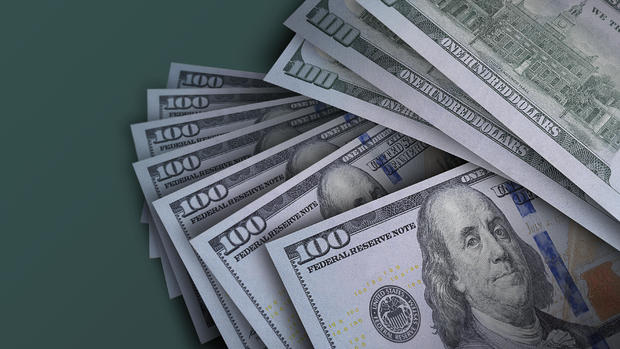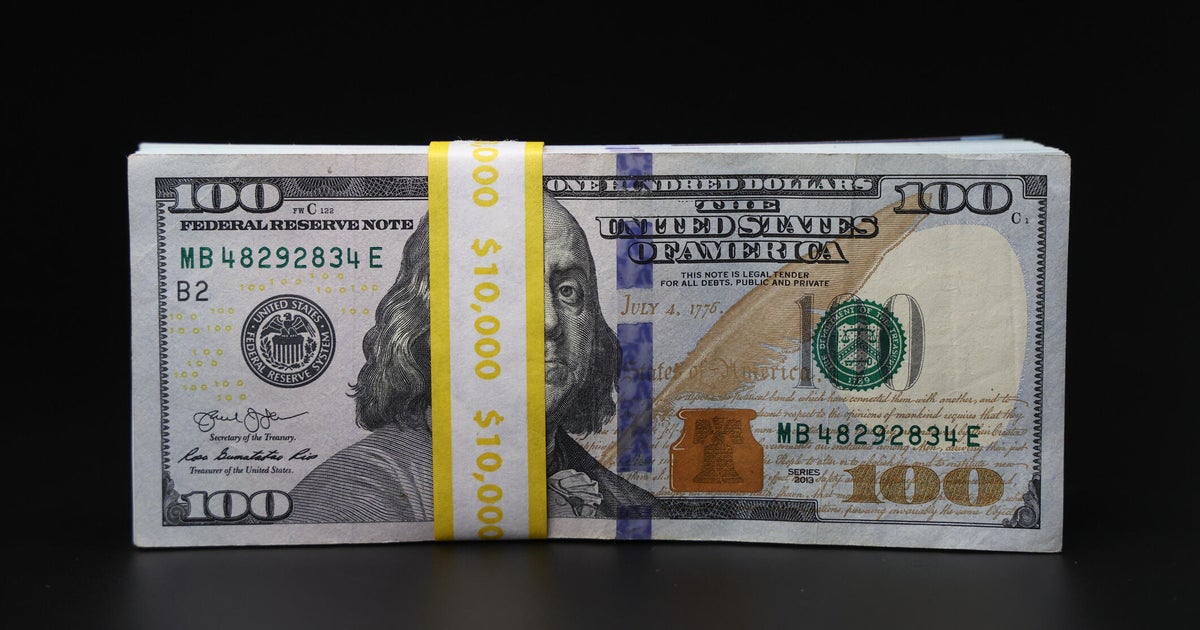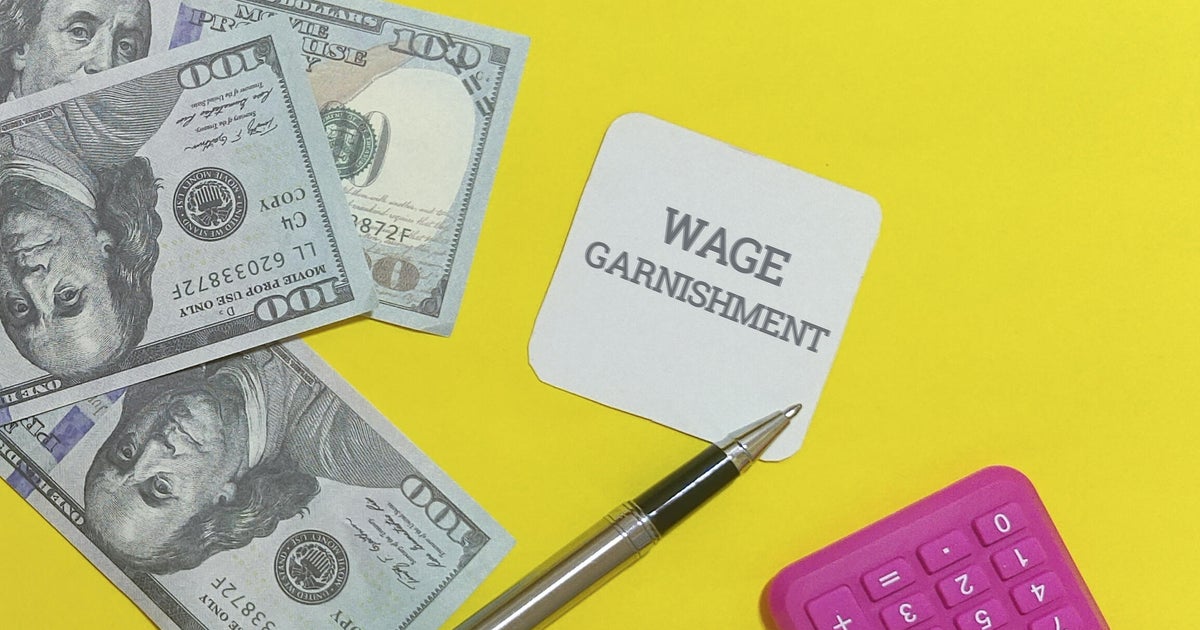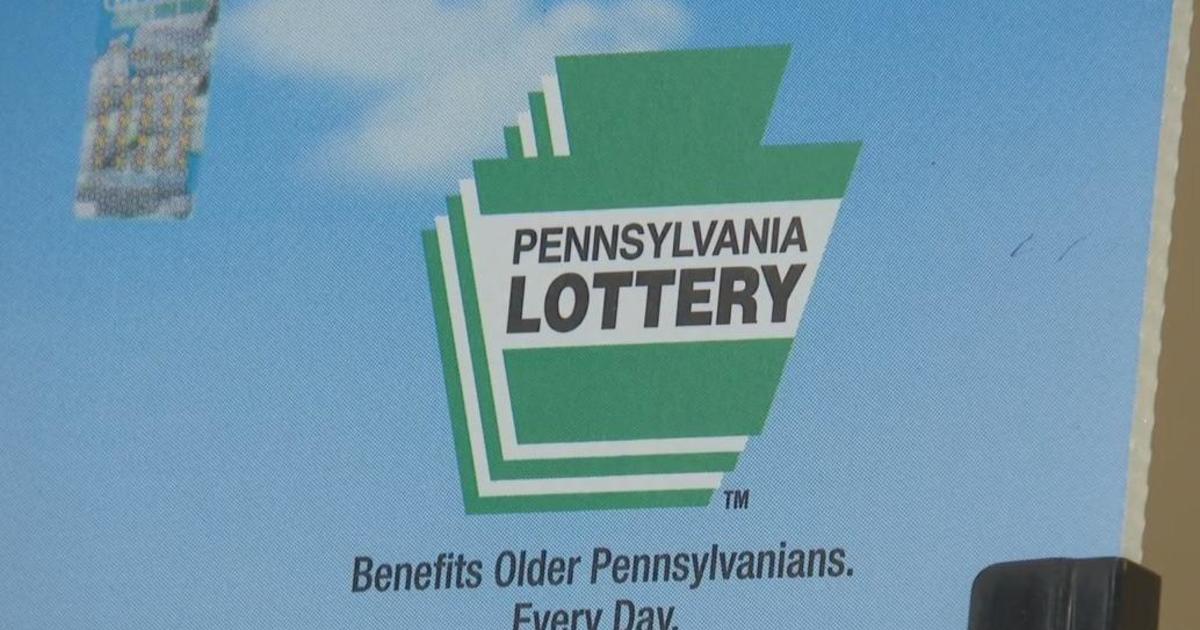3 best places to put $1,000
You've got an extra $1,000 on your hands. Maybe it's a bonus from work, a tax refund or income from a side job. Maybe you scratched off a lucky lottery ticket. Wherever it came from, you have plenty of options for what to do with it.
It may be tempting to use it to treat yourself to something nice, but if you put it toward one of your financial goals, it will be much more rewarding in the long run.
See today's top savings rates online now.
3 best places to put $1,000
Here are some of the smartest places to put an extra $1,000.
High-yield savings accounts
One of the fundamentals of a smart financial plan is building up a healthy amount of savings. This can help you pay for upcoming purchases and cover emergency expenses without having to rely on debt, which can weigh you down for years to come.
"Things are going to happen, whether it's job loss, an appliance needs replacing or the car breaks down," says William Thompson, CFP and financial planner at Valor Wealth Partners, LLC. "You need to have funds that can be tapped into quickly to respond to these issues without having to use high-interest credit cards, especially in this rate climate where rates are not nearly as favorable as they were several years ago."
A great place to store your savings is in a high-yield savings account. These accounts offer significantly higher interest rates than regular savings accounts — up to 10 times the national average or more. They also provide convenient access to your funds whenever you need them, often have low or no fees and are protected by federal deposit insurance up to $250,000 per account per institution.
It's a simple way to grow your savings faster without any extra effort on your part. Just open the account, deposit your $1,000 and watch the interest compound.
Check out today's top savings accounts here to find out how much you could be earning.
Certificate of deposit (CD)
Certificates of deposit (CDs) are another high-paying way to earn some interest on your $1,000. CDs rates are often as high (if not higher) than high-yield savings accounts. But unlike savings accounts, which have variable rates, CD rates are locked in when you open the account.
So, you'll enjoy the same rate for the CD's entire term, no matter what the larger rate environment does. That makes now a great time to open a CD because rates are the highest they've been in decades.
"If a consumer has a short-term goal or extra money… that they are not willing to put into the markets, they should take advantage of shorter-term, higher-yielding CD rates," says Faron Daugs, CFP, founder and CEO of Harrison Wallace Financial Group. "If your goal can equate to the maturity on a CD and you're able to collect 5% to 5.25% during that period of time, it is certainly the best risk-free return they have had in over a decade."
Many CDs require you to keep your money in the account for the full term, or else you'll incur a penalty. This could be a positive for you, however, if you have a tendency to dip into your savings before you need them and want an incentive to be more disciplined.
Start exploring your CD options online now.
Debt repayment
If you have high-interest credit card debt or student loans, it's wise to as quickly as possible. The longer the debt is outstanding, the more you'll pay in interest, costing you far more than the amount you originally borrowed.
By putting your $1,000 toward paying down your debt, you can save hundreds (or even thousands) of dollars in interest, boost your credit score and free up money for other financial goals.
"If you have credit card debt that is increasing and you're paying high interest, you definitely want to pay that off first," Stuart Boxenbaum, CFP and president of Statewide Financial Group, recently told CBS News. "The same is true if you are behind on your mortgage, car payment or a similar debt. When there is high interest involved, paying this off or getting to a minimum is more important now than saving money. If you get your debt situation under control or to a minimum, then saving money is the next move."
The bottom line
These are just a few ways you can put an extra $1,000 to wise use. The best plan for you depends on your current financial situation and your short- and long-term goals.
You may find investing that money for retirement or putting it toward a down payment on a home better suits your needs, for instance. The above ideas are far from inclusive, and a trusted financial advisor can help you determine your best strategy if you're having trouble deciding.
Whatever you decide to do with your $1,000, putting it toward your financial priorities is always a smart choice. You may miss a little splurge now, but your future self will thank you.




